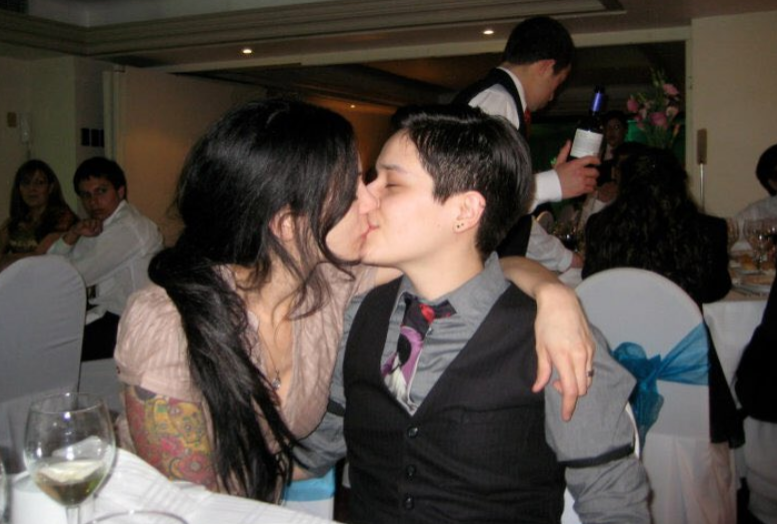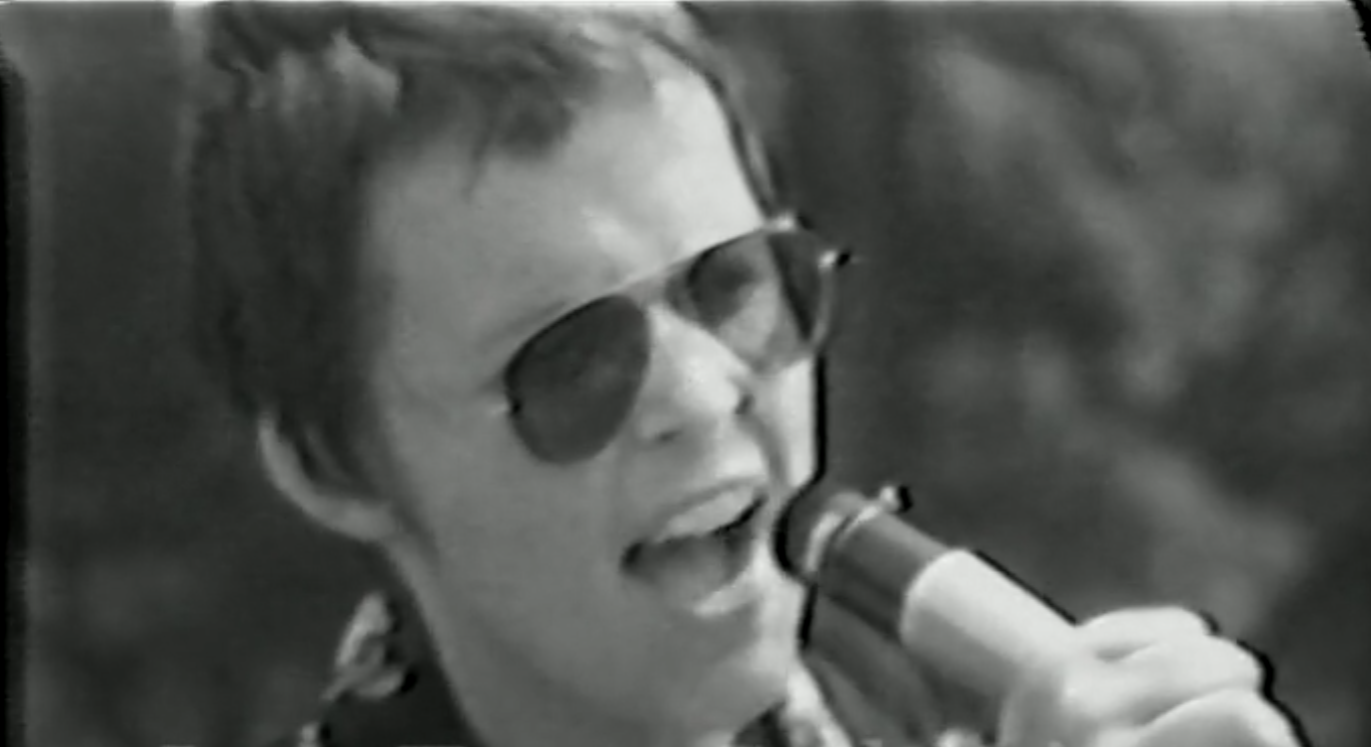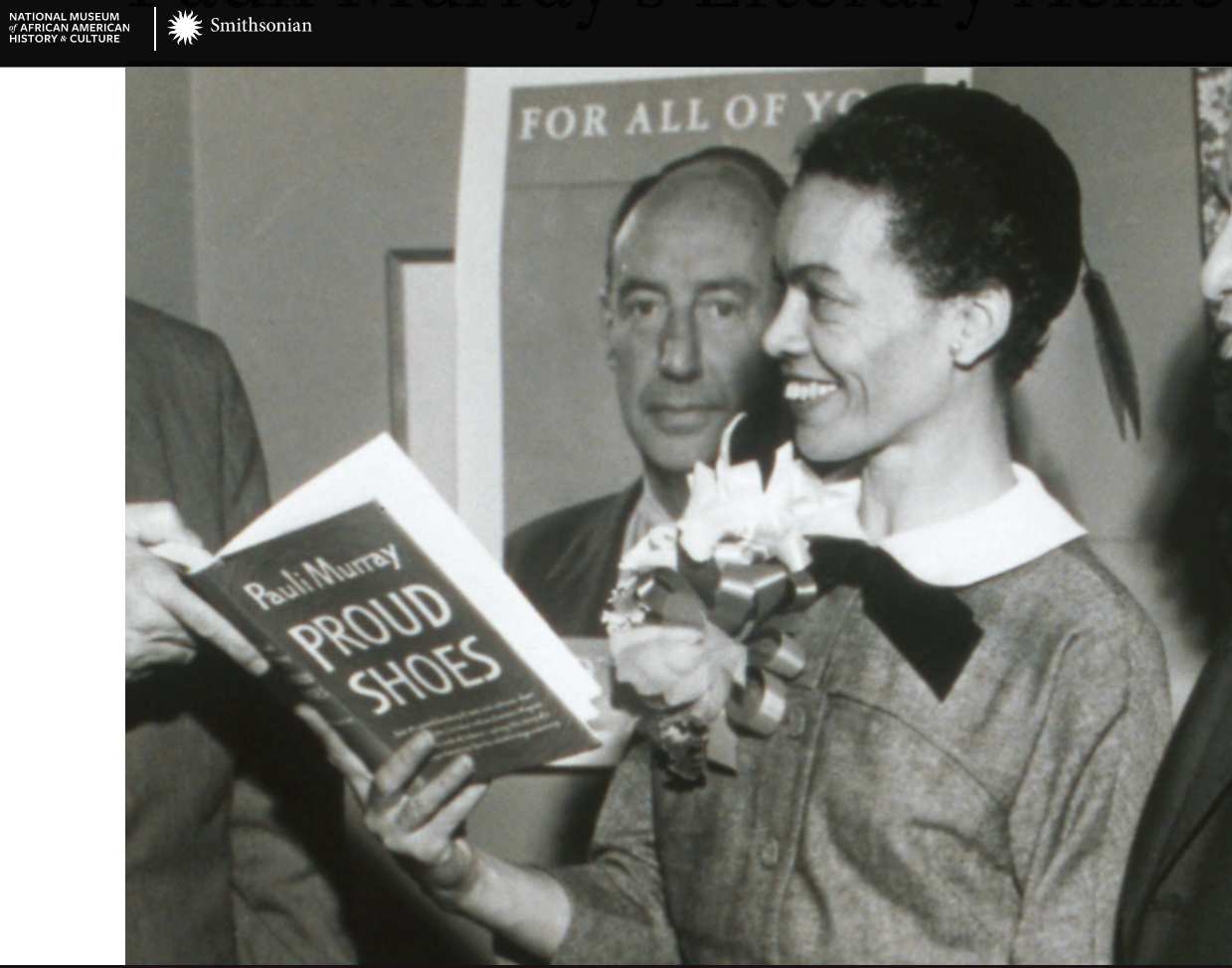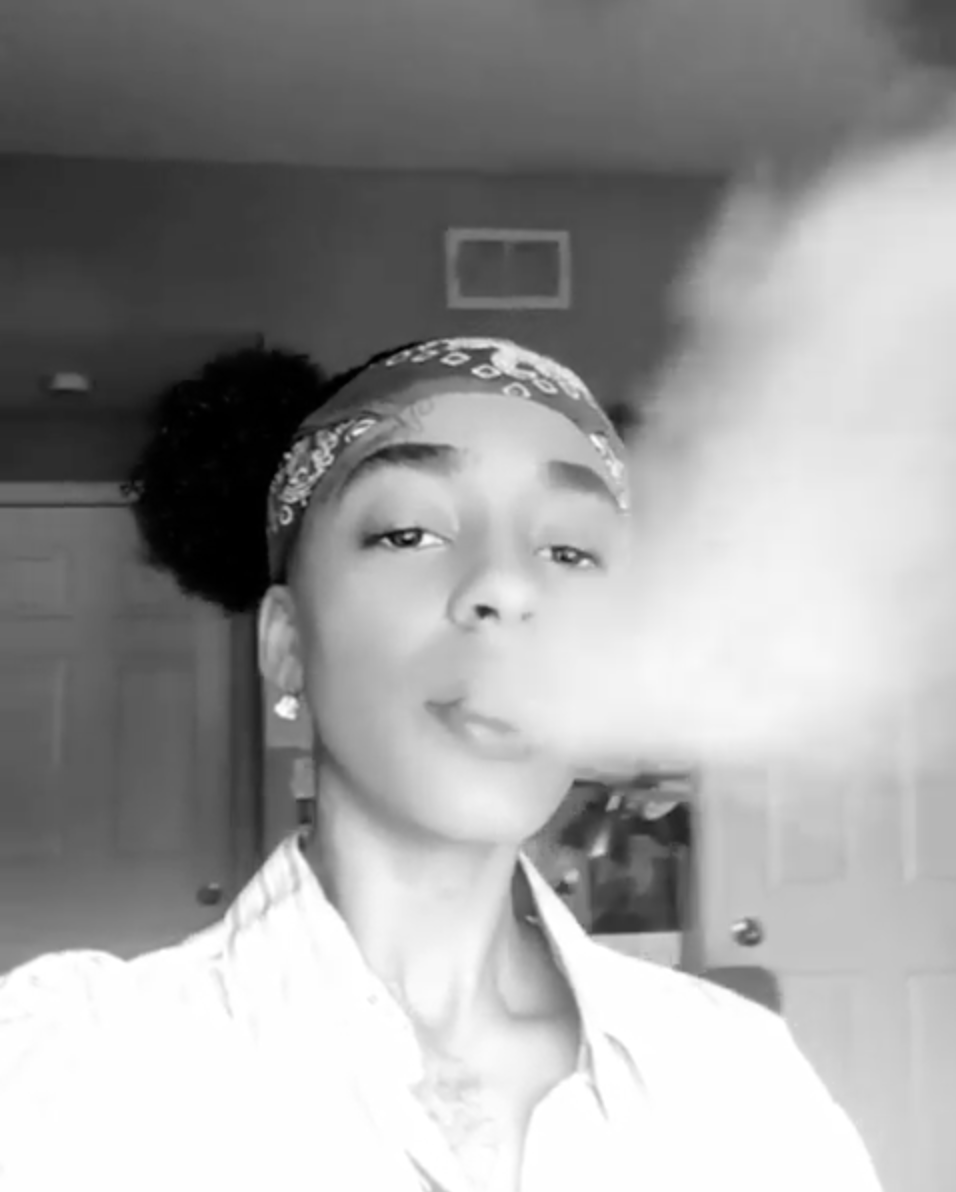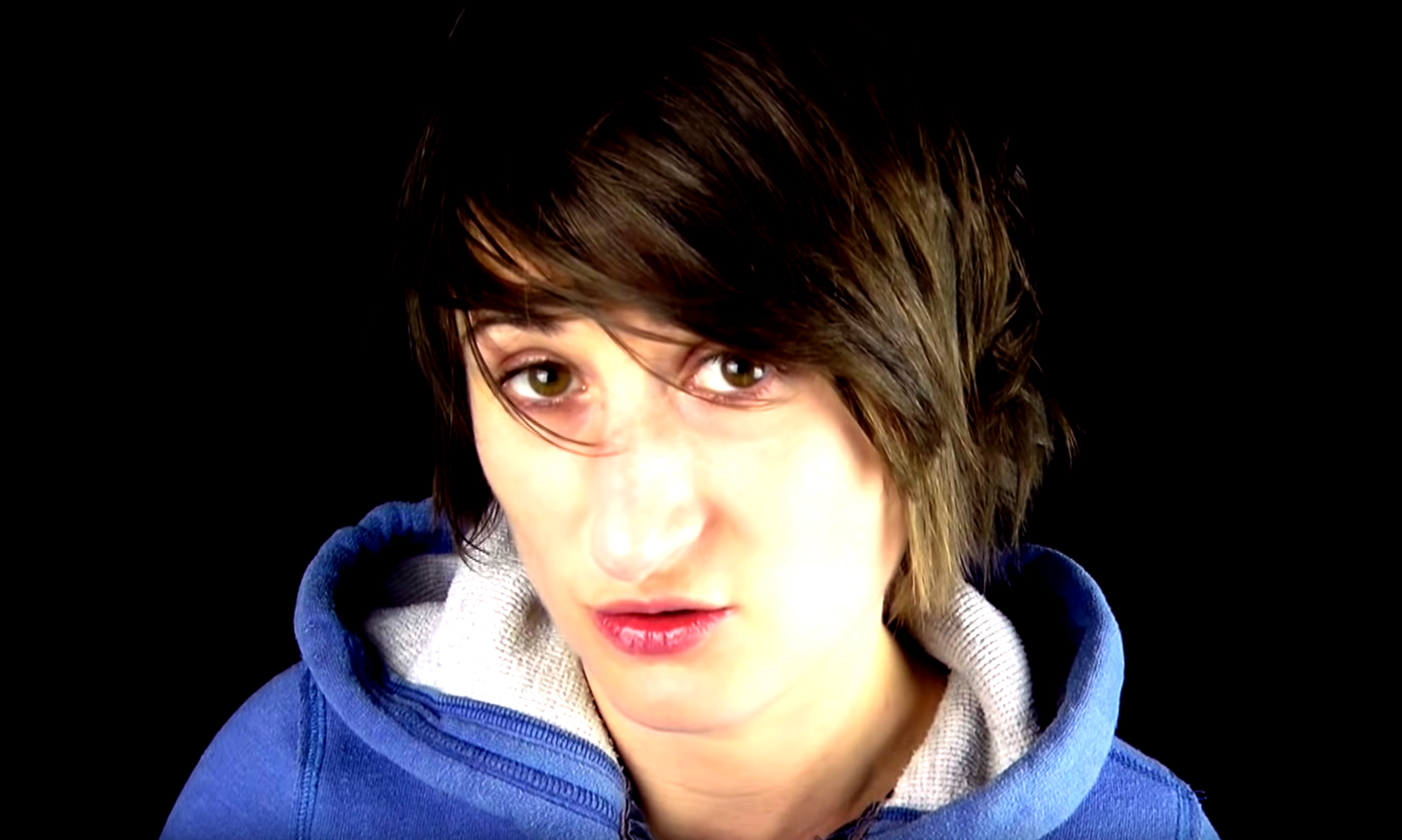Lin Farley marched in the first Christopher Street Liberation March in 1970. She gave empowering speeches at organized lesbian events. But did you know she also coined the term “sexual harassment,” sparking a movement and bringing the unspoken issue into mainstream view?
“I have been in this movement since 1969. I marched in the first Christopher Street Liberation Day march. It’s important to remember, and I think this is the time to do it, that it was a woman, a lesbian woman, who refused to get in the paddy wagon at the Stonewall & started the Stonewall riots. It’s where the movement all began. And it started with lesbians! I also want to say that it was a lesbian group that led the first march up 5th Avenue, on a sunny Sunday afternoon, for all the world to see. Now, year after year, since that first march, women have to fight for their place in line. We are not recognized in our own movement; we are invisible. And part of what this rally is all about today is to show ourselves and the world that we have been the leaders of this movement all along, and that, damn it, we’re going to stand up and take our own rights into our own hands from now on.”
— Lin Farley, Lesbian Rights Rally, 1974
“It started with lesbians! I also want to say that it was a lesbian group that led the first march up 5th Avenue, on a sunny Sunday afternoon, for all the world to see. Now, year after year, since that first march, women have to fight for their place in line.”
— Julia Diana Ghassan Robertson جوليا ديانا (@JuliaDRobertson) January 13, 2020
– Lin Farley, 1974 pic.twitter.com/m4pyhTVDBm
Farley was born in 1942, to working-class parents. Her mother’s experiences as a working woman, were part of what inspired her 1978 book, Sexual Shakedown. After her work with students at Cornell University in 1974, where she taught a class on women and work, Farley created the phrase “sexual harassment” to describe a serious workplace issue that had no name. The women in the class discussed how, at some point or another, they’d all either felt forced to quit a job, or been fired from a job, because of sexual harassment. Not only did sexual harassment not have a name at the time, it hadn’t yet been recognized publicly as a problem.
Farley brought the concept to light in 1975 when she testified before the New York City Human Rights Commission Hearings, about women in the workplace. She defined “sexual harassment” as “unwanted sexual advances against women employees by male supervisors, bosses, foremen or managers.” A writer from the New York Times heard her testimony, and wrote about it. And, as they say, ‘the rest is history.’

“It often means that a woman is hired because she is pretty, regardless of her qualifications; that a woman’s job security is eternally dependent on how well she pleases her boss, and he often thinks sexual companionship is part of the job description; and that women are fired because they have aged or they are too independent or they say ‘no’ to sexual byplay.”
—Lin Farley, Human Rights Commission Hearings, 1975
In a 2017 Op-Ed for the New York Times, Farley expresses disappointment in how the phrase “sexual harassment” has become part of corporate training sessions that are intended to help companies dodge lawsuits. That aside, she started a vital conversation and gave us a phrase to describe a serious issue women are still facing in the workplace today.
“At first, it felt as if the term had the potential to change everything. Working women immediately took up the phrase, which finally captured the sexual coercion they were experiencing daily. No longer did they have to explain to their friends and family that ‘he hit on me and wouldn’t take no for an answer, so I had to quit.’ What he did had a name.”
—Lin Farley, New York Times, 2017

Lin Farley reminds us to ‘stand up and take our own rights into our own hands.’ She reminds lesbians that we’ve always been the leaders. That we spark movements. That we must continue to fight for recognition— for visibility and a voice. She’s a lesbian she-ro, a leader who still inspires us to create change.
جوليا ديانا — Julia Diana Robertson, is an award-winning author, and journalist—A first generation Arab-American, who grew up between worlds, and currently resides somewhere in the middle with a bird’s eye view.
